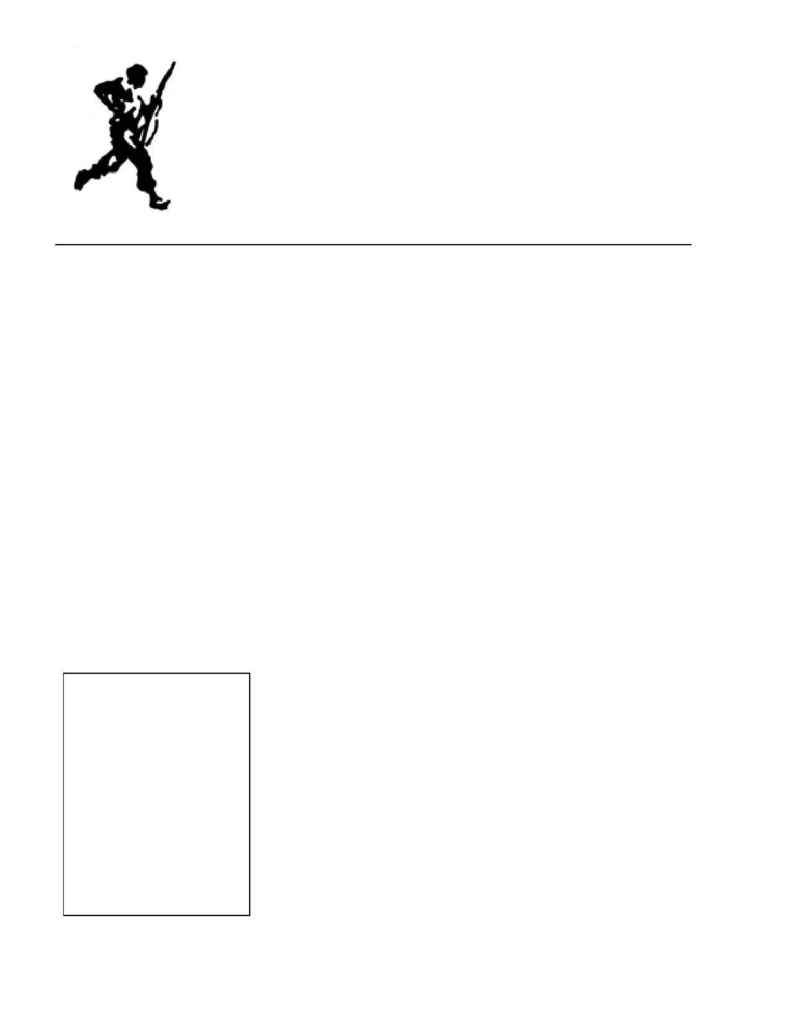
The Volunteer
Published As A Public Service By The
VETERANS OF THE ABRAHAM LINCOLN BRIGADE
799 Broadway, N Y. C. 10003
DECEMBER, 1975
Franco's last days
Editor's Note: This article was written and went to press shortly before Franco's death.
By ROBERT G. COLODNY
The corpse of Generalissimo
Franco is being kept pulsating
by an array of machines and a
phalanx of doctors. For some
weeks now, workmen have been
quarrying in the granite bowels
of the Valley of the Fallen pre-
paring for the entombment. The
most recent victims of the
Regime, butchered by the orders
of Franco's would-be successors
have been buried, but not
without a response from Europe
Continued on page 11
Camacho and 2 freed
Early on a Sunday morning, November 30, shortly after midnight, Marcelino
Camacho Abat, 57-year-old organizer of Spanish Workers' Commissions,
was freed from Carabanchel prison, just outside Madrid. Two other members
of the "Carabanchel Ten", Nicolas Sartorius Alvarez, a 37-year-old journalist
and Juan Marcos Muniz Zapico, a 37-year-old metallurgist, were released at
the same time.
They were freed under a decree signed by Juan Carlos on November 25,
the so-called amnesty decree granting a limited pardon to political and
common-law prisoners.
Later in the morning the three men appeared at a news conference in
Madrid where they demanded full amnesty for all political prisoners and
declared they would help promote a "nonviolent" campaign in the streets, in
the factories, and in the schools, to achieve that end. In reply to questions,
they said that it is expected that only a fraction of the 260 political prisoners
believed to be held in Carabanchel would be freed and that only a few
hundred of the estimated thousands imprisoned throughout Spain, would be
released.
Commenting on these developments, Steve Nelson, National Commander
of the Veterans of the Abraham Lincoln Brigade, declared that Camacho's
release" while welcomed as a victory for the Spanish people and for the
democratic forces of the world, falls far short of the demands put forward by
the anti-fascist opposition, to free all political prisoners now serving
sentences or awaiting trial.
He recalled that when the news of the arrest of Camacho and those
imprisoned with him became known, it was the ever-growing pressure of the
anti-Franco opposition within Spain and among the democratic
Continued on page 10
As we go to press further
confirmation of the
repression in Spain is the
arrest of Marcelino
Camacho and Fr.
Francisco Garcia Salve,
two of the Carabanchel
10, released on an
amnesty only the week
before by King Juan
Carlos de Borbon.
